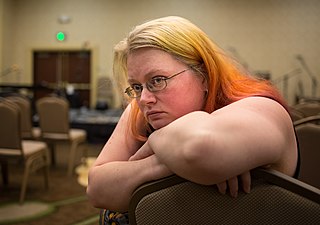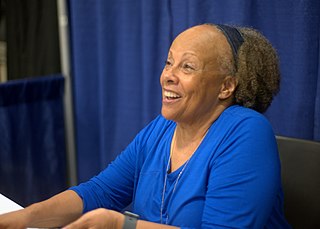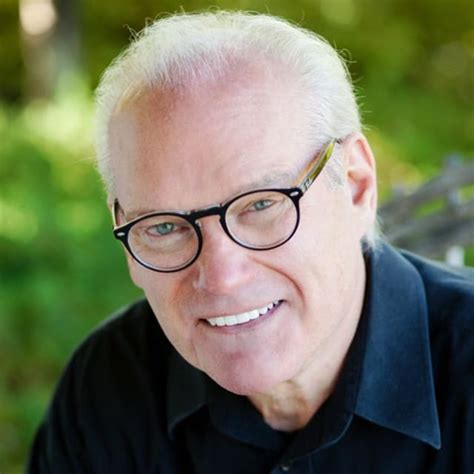A Quote by Susan Sontag
The truth of history crowds out the truth of fiction - as if one were obliged to choose between them.
Related Quotes
I must say a few words about memory. It is full of holes. If you were to lay it out upon a table, it would resemble a scrap of lace. I am a lover of history . . . [but] history has one flaw. It is a subjective art, no less so than poetry or music. . . . The historian writes a truth. The memoirist writes a truth. The novelist writes a truth. And so on. My mother, we both know, wrote a truth in The 19th Wife– a truth that corresponded to her memory and desires. It is not the truth, certainly not. But a truth, yes . . . Her book is a fact. It remains so, even if it is snowflaked with holes.
Truth is always stranger than fiction. We craft fiction to match our sense of how things ought to be, but truth cannot be crafted. Truth is, and truth has a way of astonishing us to our knees. Reminding us, that the universe does not exist to fulfill our expectations. Because we are imperfect beings who are self-blinded to the truth of the world’s stunning complexity, we shave reality to paper thin theories and ideologies that we can easily grasp – and we call them truths. But the truth of a sea in all it’s immensity cannot be embodied in one tidewashed pebble.
... we are obliged to produce the truth by the power that demands truth and needs it in order to function: we are constrained, we are condemned to admit the truth or to discover it. Power constantly asks questions and questions us; it constantly investigates and records; it institutionalizes the search for the truth, professionalizes it, and rewards it. ... In a different sense, we are also subject to the truth in the sense that truth lays down the law: it is the discourse of truth that decides, at least in part; it conveys and propels effects of power.































